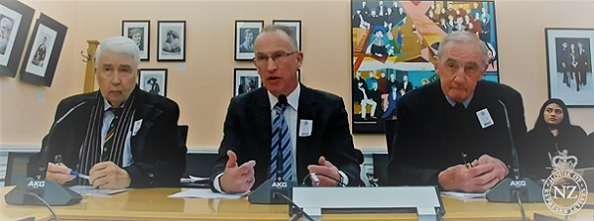The Law Of Unintended Consequences
Nearly 1,000 incorporated sport entities have been dissolved by the Registrar of Incorporated Societies in the past five years, in many cases involuntarily, for failure to comply with the requirements of the existing Act. Sport clubs struggle to comply with the existing regulatory requirements, let alone the increased obligations contained in the reformed Bill.

(The Association has presented both written and oral submissions to Parliament)
Based on a survey of incorporated sport organisations undertaken by the Association since the Bill was introduced to Parliament in April this year, 98% of respondents were not aware of the Bill. Few of the respondents to the survey had been contacted by their national governing body regarding the impact of the new law. Despite comprising one third of the community organisations affected by the proposed reforms, only 0.05% (a half of a tenth of one per cent) of incorporated community sport organisations provided input to the consultation process.
The Association is not opposed to the modernisation of the current law, but just want New Zealand’s amateur sports clubs which deliver sport to local communities more fully involved in the consultation process. New Zealand is a proud sporting nation with a successful sporting heritage and we want our amateur sportspeople fairly represented.
.png)
(The new Bill is being considered by the wrong Select Committee)
The Association suggests the Bill should be considered by the Social Services and Community Select Committee as this Bill is a better fit with a focus on social development; children, young people and seniors; Pacific peoples and ethnic communities; arts, culture and heritage; sport and recreation and the voluntary sector.
In terms of open and transparent accountability, the Government needs to provide further public consultation. The new legislation simply doesn’t meet the Government’s goal of improving the physical and mental well-being of New Zealanders.
The problems with the current Bill are likely to: accelerate the voluntary and involuntary dissolution of incorporated sport entities; impair the recruitment of volunteers to govern and administer sport clubs; reduce the ability of sport clubs to deliver the physical and social benefits of organised amateur sport to local communities; and as a result decrease the overall level of participation in sport clubs nationally.